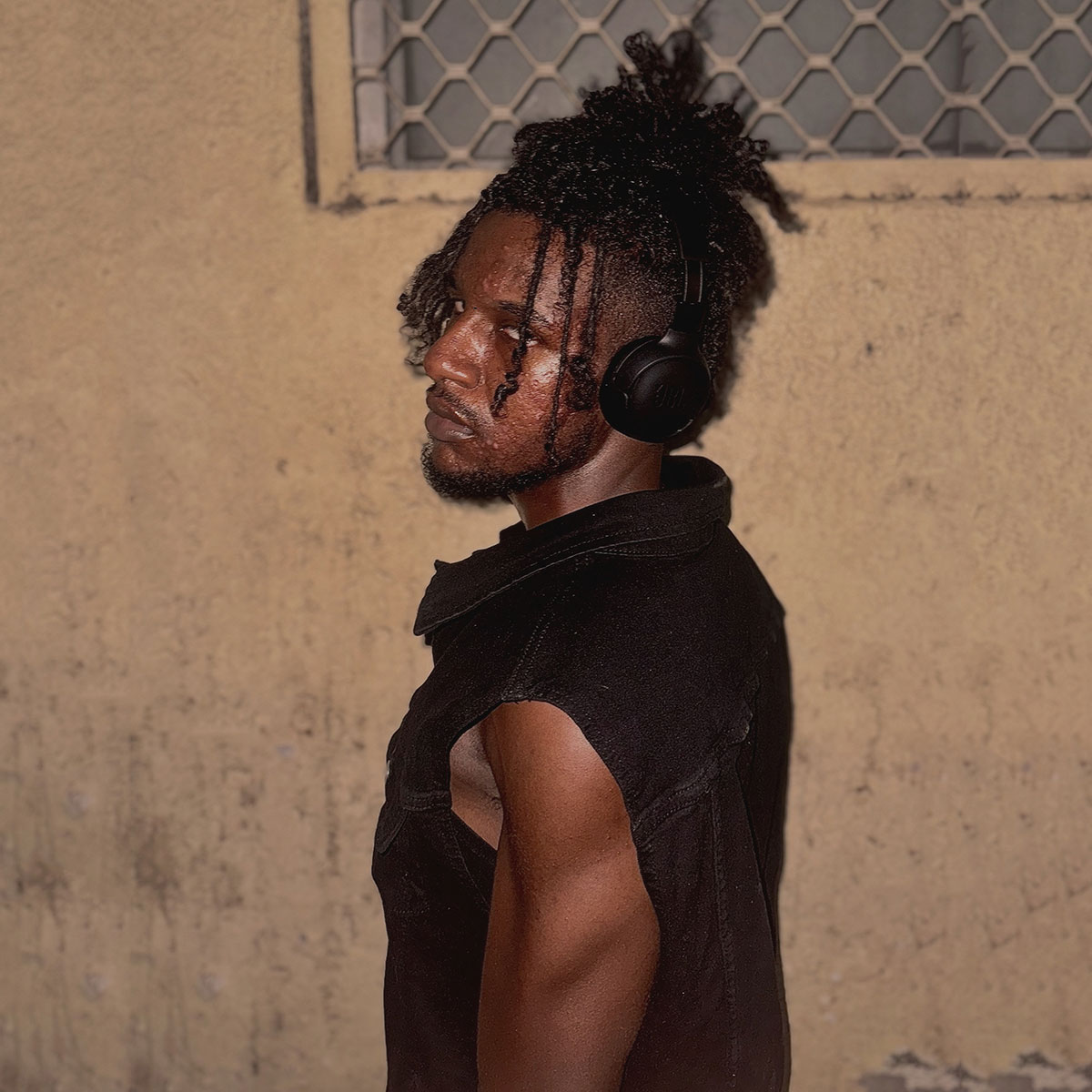If hip-hop needed another manufactured rebel without a cause, it certainly wouldn't have asked for Jara.
Thankfully, what the Saudi artist brings to the table is something far more compelling: a reality where cultural collision is not a branding tactic, but a living, breathing identity. Her career, rich with bono malum superate energy, slices through assumptions about what a hijabi woman in rap should sound like, look like, or even aspire toward.
Raised in the dueling worlds of Jeddah and Sweden, Jara has lived a life akin to toggling between two different radio frequencies—neither fully muting the other. "Growing up between Jeddah and Sweden," she notes, "I've been immersed in a rich mix of cultures, languages, and perspectives." This upbringing infused her music with a vibrancy that defies genre conventions, weaving Arabic rhythms into Western beats and tossing English and Arabic lyrics into the same lyrical potluck.
Facile princeps among a burgeoning class of Arab female artists daring to redefine cultural boundaries, Jara doesn't simply flirt with different worlds—she fuses them, unapologetically. When she states, "I rap, but I'm not a rapper," it sounds less like a disclaimer and more like a quiet revolution.
"I rap, but I'm not just a rapper."
Pop culture, forever eager to canonize those who defy norms, would do well to find her the modern counterpart to M.I.A.: fiercely independent, globally aware, and stubbornly resistant to being placed in tidy marketing packages.

Jara’s musical project isn’t an act of rebellion against her upbringing; it’s an act of precision—a deliberate, considered move to redefine narratives rather than reject them. Her concept of "halalifying" rap has ruffled a few feathers, unsurprisingly in a genre that still prides itself on its "parental advisory" stickers like badges of honor. Who wouldn't want to be told their music needs more F-bombs and less faith? (Sarcasm ours).
At a glance, the term ‘halal rap’ might seem laughable to critics stuck in 90s stereotypes, but Jara’s clean, potent verses remind listeners that rap is, at its core, storytelling—a tradition older than the genre itself, and rooted in Arabic culture as deeply as any tribal drumbeat.
Navigating Saudi Arabia's male-dominated rap scene could have easily become a cautionary tale of what happens when "different" dares to speak too loudly. Instead, Jara chose a different route:
"Instead of trying to fit into the male-driven mold, I've focused on creating my own lane."
Her father’s presence at shoots and sessions is more than familial support—it is a quiet armor against an industry too often armored in ego.
Interestingly, women represent only 20% of artists across major music genres globally, according to a USC Annenberg study. Jara, then, isn't just navigating an uphill battle—she’s practically sprinting up Mount Olympus with ankle weights strapped on.
Mental health, a topic still dancing on the edge of taboo in many societies, also finds unfiltered expression in her work. Living with bipolar disorder, Jara describes her creative flow as an embrace of extremes:
"The highs and lows that come with bipolar disorder are intense, and there's rarely a middle ground."
That chaotic spectrum—unwelcome in daily life but pure dynamite artistically—fuels her versatility.

If the music industry were a chessboard, Jara would be the queen piece: unpredictable in movement, yet devastatingly strategic. She wears her mental health journey not like a scar, but like a shield—arming others against the silence that stigma demands.
Academically, she is equally fortified. With a Master’s in Political Science and double Bachelors in International Relations and Psychology, Jara's lyricism emerges not from vague Instagram quotes but from a deeply intellectual wellspring. When she notes, "True rap requires consciousness and awareness. You can't fake that," it’s evident she’s not just tossing words into a mic for applause.
Her fashion sense, a vibrant collision of streetwear and modesty, isn’t costume—it’s calculus. Durags, chains, oversized jackets, and stylized hijabs serve not merely as stylistic choices, but as declarations:
"I found my own balance, and that became part of my identity."
Picture a chess player showing up to the tournament in a flamethrower outfit: unapologetic, effective, and impossible to ignore.
Language choice has been another battlefield, with industry advice often pushing her toward Arabic for "marketability." But Jara, unburdened by facile compromises, leans into what feels authentic. "English has always felt the most natural for me... it’s the language I express myself in most effortlessly," she explains. Still, she deftly code-switches, weaving Arabic into her work to break stereotypes instead of pander to them.
In her lyrics, social commentary is no opportunistic footnote—it is the narrative spine. Jara confronts racism, gender roles, and spiritual consciousness with surgical precision. "Every track I write carries intention," she emphasizes. This is not "woke" music trying to ride a hashtag wave; it is calibrated activism baked into every 808 drum hit.
Looking forward, Jara envisions an empire that extends far beyond rap—fashion, philanthropy, public speaking, and whatever avenues allow her to leave a "genuine impact." Her aspirations feel less like lofty ambitions and more like inevitabilities.
True to bono malum superate, she sees obstacles as invitations. "It might take longer to reach the top when you stay true to yourself," she admits, "but the win will mean so much more because it’s not just for me." Her music is less about scaling the Billboard charts than about reshaping the very architecture of who gets to stand on stage.
Jara may not be everyone's cup of Saudi qahwa, but then again, only the unimaginative still order from the same tired menu.
It’s almost funny that in an industry desperate for "authenticity," someone who embodies it so effortlessly still has to argue her place. Almost.















